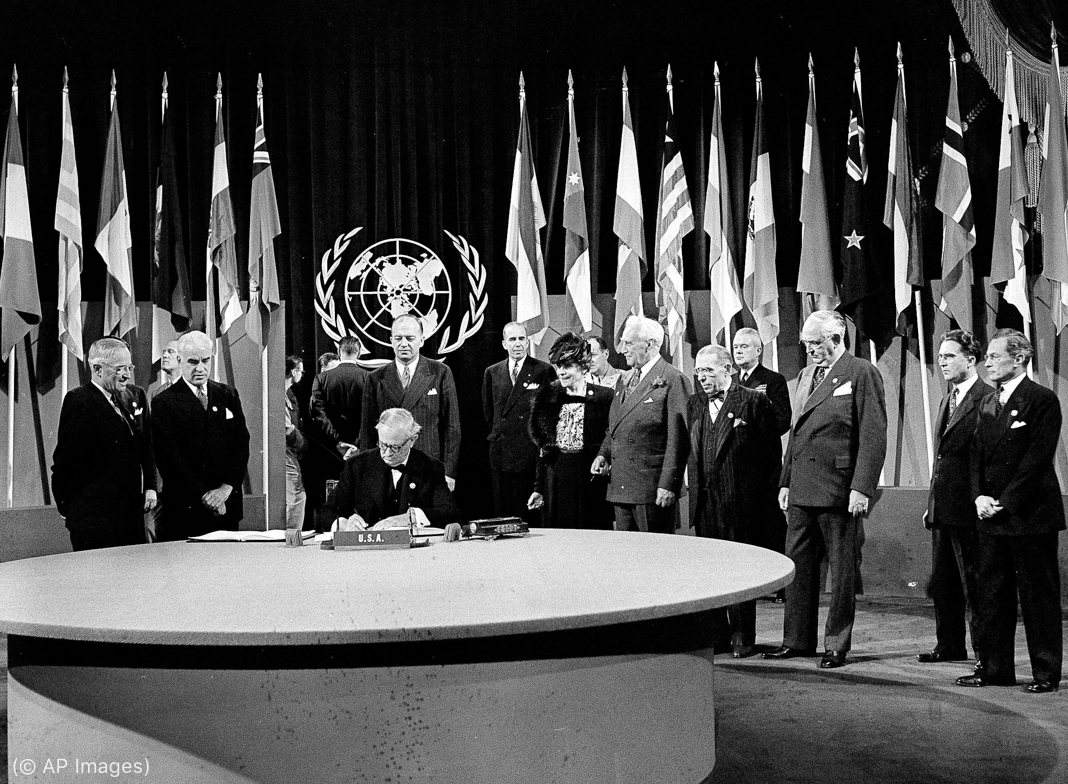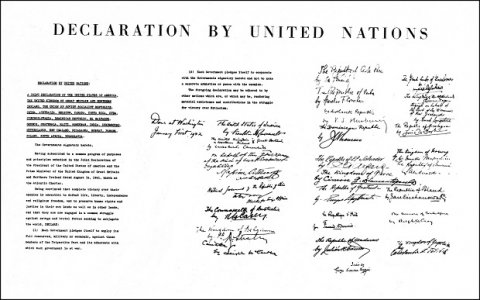
What's the "value" offered by international relations scholarship?
What does it mean to think about world events "like an international relations scholar"?
Trump's order to withdrawal 🇺🇸 troops from 🇸🇴 offers a useful illustration.
[THREAD]
bbc.com/news/world-us-…
What does it mean to think about world events "like an international relations scholar"?
Trump's order to withdrawal 🇺🇸 troops from 🇸🇴 offers a useful illustration.
[THREAD]
bbc.com/news/world-us-…
This event could be viewed from a variety of angles, from the "micro-level" on up.
International Relations scholars/analysts can and do use each of the following angles, though not all are strictly speaking taking an "International Relations angle".
Let's explore the angles.
International Relations scholars/analysts can and do use each of the following angles, though not all are strictly speaking taking an "International Relations angle".
Let's explore the angles.
The "country-expert" angle entails discussing the event by laying out the situation within Somalia, providing details on key figures involved and perhaps how the conflict has disrupted Somalia's internal governance and society.
africa.cgtn.com/2020/09/27/som…
africa.cgtn.com/2020/09/27/som…
The "Military/Security analyst" angle involves outlining the details of what US troops presently do in Somalia and how they carry out their mission (including equipment, mission, and tactics).
See this @ChathamHouse report by @PDWilliamsGWU
chathamhouse.org/2020/07/unders…
See this @ChathamHouse report by @PDWilliamsGWU
chathamhouse.org/2020/07/unders…
The "Area Studies/Regional Expert" angle involves discussing the decision as an event that will impact the Horn of Africa or East Africa more broadly
items.ssrc.org/from-our-fello…
items.ssrc.org/from-our-fello…
A "US Defense Policy" angle might look at the decision in light of the broader goal of removing US troops from the the "Greater Middle East"
See this recent @BrookingsInst report by @MichaelEOHanlon & Bruce Riedel
brookings.edu/blog/order-fro…
See this recent @BrookingsInst report by @MichaelEOHanlon & Bruce Riedel
brookings.edu/blog/order-fro…
A "US Foreign Policy" angle would consider the decision in light of the overall global realignment of US forces, from South Korea to Germany
washingtonpost.com/opinions/globa…
washingtonpost.com/opinions/globa…
For instance, this angle might consider the domestic political pressures influencing the decision
nytimes.com/2020/10/11/us/…
nytimes.com/2020/10/11/us/…
Finally, an "International Relations" angle would ask, "what does this teach us about international politics?"
For example, an IR scholar could ask "what does this teach us about the behavior of major powers?"
This could entail evaluating if the decision is consistent with our understanding of great power competition drives troop deployments (such as this forthcoming @The_JOP paper by @carlammm, @markdnieman, @olga_chyzh, & @SamRBell).
journals.uchicago.edu/doi/10.1086/71…
journals.uchicago.edu/doi/10.1086/71…

Or one could see what the event teaches us about hegemonic states?
Ex: Does ability to project power (key feature of a major power) mean having to have a military presence everywhere all the time?
See @pkmacdonald & Joe Parent in @Journal_IS
mitpressjournals.org/doi/10.1162/IS…
Ex: Does ability to project power (key feature of a major power) mean having to have a military presence everywhere all the time?
See @pkmacdonald & Joe Parent in @Journal_IS
mitpressjournals.org/doi/10.1162/IS…
This broader angle provides context, perspective, & language that helps organize thinking and offer understanding of an event.
You know, the things a Liberal Arts education provides
insidehighered.com/news/2018/06/0…
You know, the things a Liberal Arts education provides
insidehighered.com/news/2018/06/0…
In short, the IR angle "pulls up to 30,000 feet"* to ask about the general patterns & behaviors of key actors** operating globally.
[END]
* I've stolen this phrase from JJM, who says it ALL THE TIME :)
** States are a key actor, not the only one (thread for another time)
[END]
* I've stolen this phrase from JJM, who says it ALL THE TIME :)
** States are a key actor, not the only one (thread for another time)
• • •
Missing some Tweet in this thread? You can try to
force a refresh





